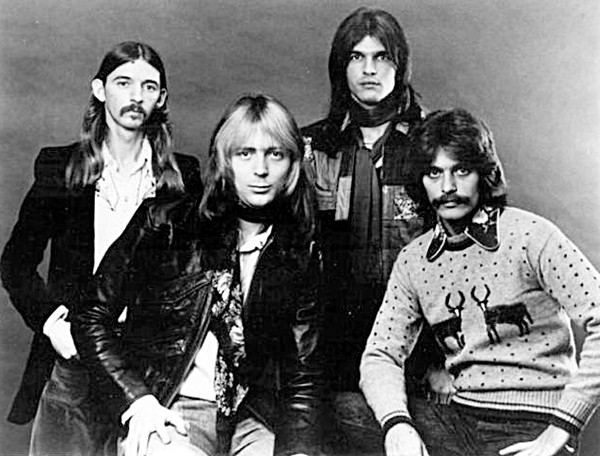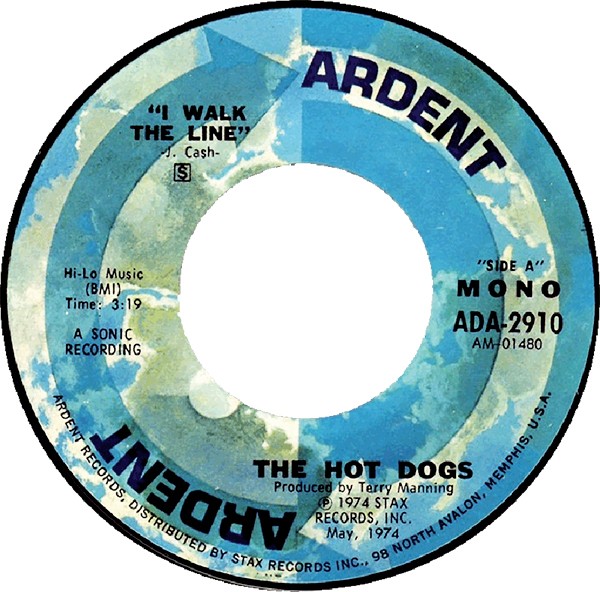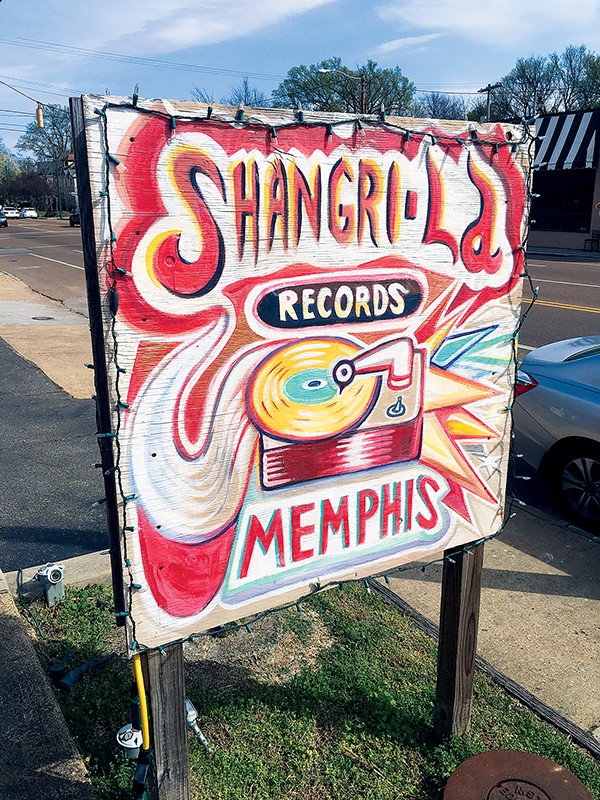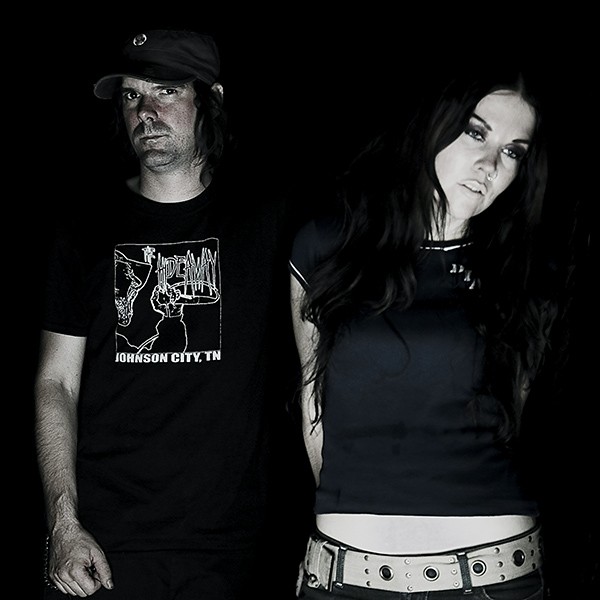Looking at the last three decades of underground rock and metal reveals the undeniable truth that the Melvins deserve a seat at the same table with bands like Sonic Youth, Neurosis, Fugazi, Dinosaur Jr., the Pixies, and other undeniable pioneers that exacted an influence well beyond their immediate, real-time surroundings with serious and ongoing longevity that remains today.
In broad, simplistic terms, the Melvins’ chronology has two artistic peaks; albeit ones surrounded by an ocean of noteworthy-to-great releases. From 1989 to 1994 and across five full-length albums and several EP releases, the Melvins blazed (perhaps the wrong word for it) a trail that left a major impression on the future of heavy underground rock and metal that reverberates to this day. The Melvins more or less invented and then refined a very particular, wholly unprecedented and boldly experimental form of metallic post-hardcore that should be seriously studied as a ground zero for the modern idea of heaviness in sound and essence.
This era and the band’s surface-level legacy has gone on to be incorrectly defined by the most obvious sonic characteristic at hand: the most intimidatingly huge guitar riffs that had ever emerged from any faction — metal or otherwise — played at the slowest possible crawl. Endlessly imitated and found throughout the realm of doom/sludge metal, the best examples of what the Melvins perfected during this time can be found on most of the Lysol album, Bullhead’s opening track (“Boris,” from which the similarly trailblazing Japanese band would later derive its moniker), and the anomalously riff-free crawl of live staple “Night Goat” (track 2 on the Houdini album and one of the band’s best-known singles). It’s worth mentioning that the two latter albums released during this stretch, 1993’s Houdini and 1994’s Stoner Witch, might also be the band’s best pre-Y2K documents, and both were released on major label Atlantic Records.
The Melvins’ next creative (and first real critical) highpoint was made possible when they landed on then-fledgling Ipecac Recordings, the label of Faith No More/Mr. Bungle singer and well-known stylistic chameleon Mike Patton. With Kevin Rutamis (previously of the Cows) and former godheadSilo frontman, Mike Kunka, serving the cause as part of the Melvins’ constantly rotating bass position, they released a disparate trifecta of full-lengths in quick succession — The Bootlicker and The Maggot in 1999 and 2000’s The Crybaby.
These individually themed releases (heavy/metallic-crunch, Ween-like weirdness and electronica, and an all-covers album) appeared to spark a growth spurt in the Melvins’ fan-base and gave it a cult-like status, helped significantly by the band’s focus on road-dogging due to their now well-known notoriety as a live band of singular, sometimes mind-shattering intensity. In fact, the Melvins’ command of a stage translates beyond the heavy music and metal fan demographic, as it is not uncommon to find folks with much different taste in music that will nonetheless never miss a chance to see the band live.
The Melvins hit their second and much more complex stride around Y2K. Circumnavigating the static core of Buzz Osbourne (singer/guitarist/all-around strong personality) and drummer Dale Crover creates a tendency toward lineup adjustments and ever-frequent collaborations that have stuffed the band’s catalog with themed albums in recent years. But the best was 2006’s absorbing of the two-piece band Big Business (drummer Coady Willis and bassist Jared Warren). This gave the Melvins a not-so-secret weapon of great live presentations: double drummers. And 2006’s (A) Senile Animal features the “consummately Melvins” centerpiece of “A History of Bad Men,” a song used to great effect in the first season of HBO’s True Detective.
For the 10-year anniversary of this membership addition, this summer’s Basses Loaded album takes the band’s fondness for lineup adjustment to its logical extreme by featuring every member that has played under the Melvins banner over the last decade, including Nirvana’s Krist Novoselic, Jeff Pinkus of the Butthole Surfers, and Steven McDonald of Redd Kross. Another great Melvins’-related development this year was the vinyl reissue of the band’s three major label albums (the best two are mentioned above), originally released between 1993 and 1996, by Third Man Records.



 Chris Shaw
Chris Shaw  Jeremiah Chiu
Jeremiah Chiu 